News Articles
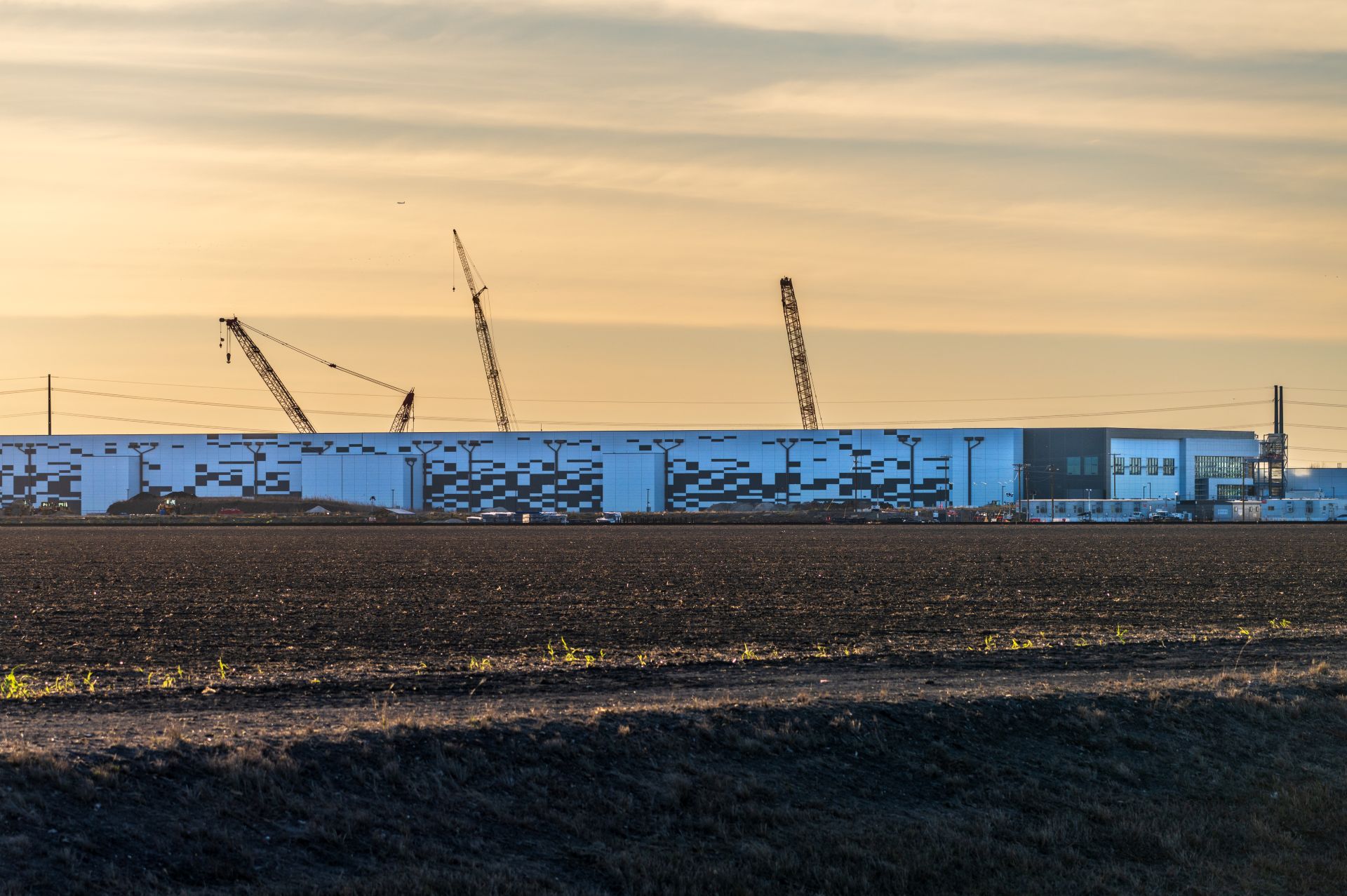
Massive gas-powered data center in Permian Basin is latest in string of Texas AI computing hubs
Texas’s environmental agency recently approved the latest in a string of large gas-fired power plants to support the state’s burgeoning data center industrial complex. The GW Ranch Project, set to be constructed in Pecos County, West Texas, in the Permian Basin, could generate up to 7.65 gigawatts of electricity, making it the largest power project in the U.S. One gigawatt of electricity can power about 750,000 homes, so this single data center complex could power over five million homes, or a large American city.

Trump Administration sues California to block new law protecting schools and homes from nearby drilling
The Trump Administration's Department of Justice recently sued California to try to block a new state law designed to prevent oil wells from being drilled dangerously close to schools, homes, hospitals, and other sensitive locations where people live, work, and gather. The federal lawsuit comes after the failure of an expensive effort by the oil and gas industry to try to revoke the California law by voter referendum, which was rejected in a wave of community pushback and public outcry.
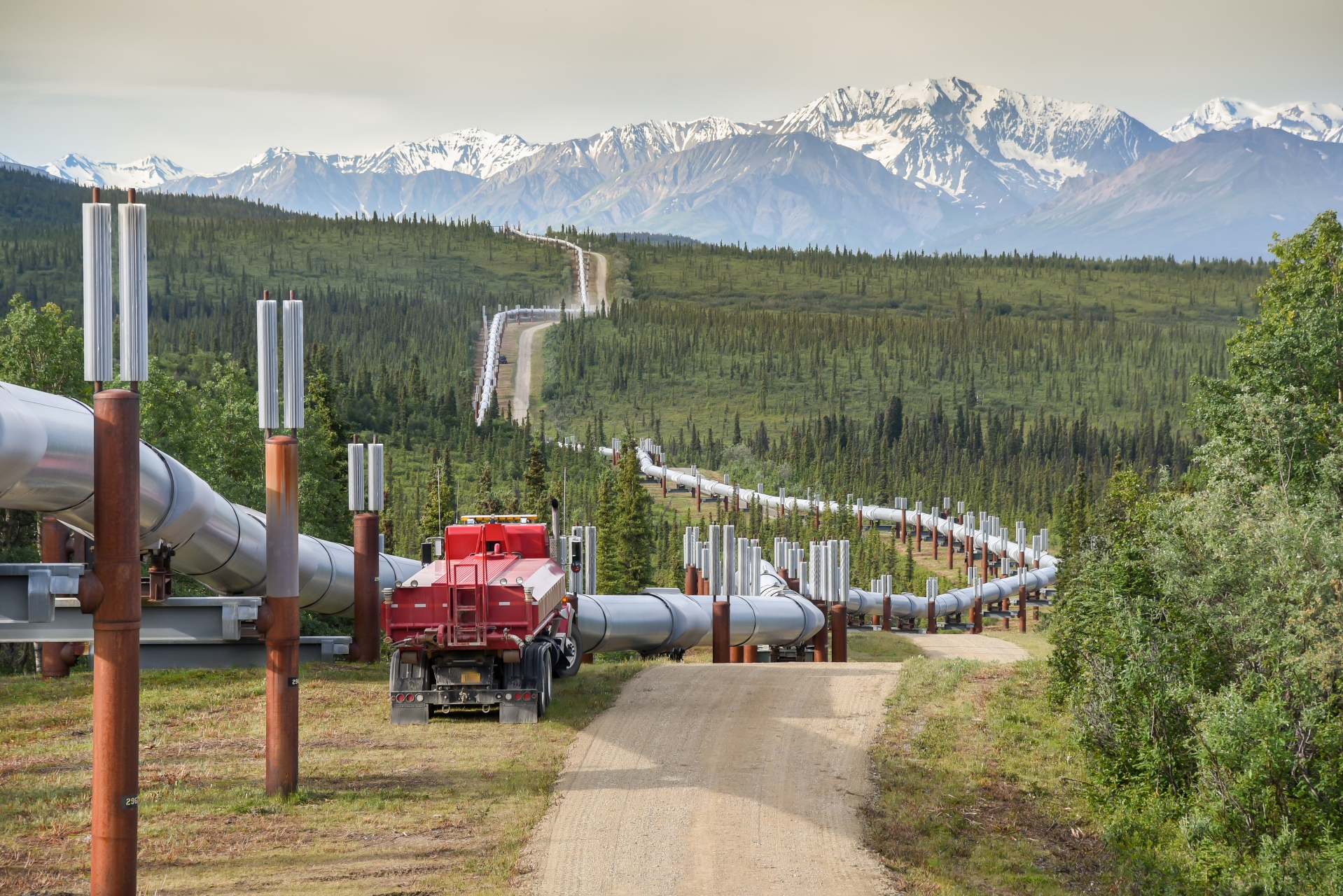
Trump Administration gives pipeline companies a new way to sidestep safety rules
As companies plan a massive expansion of fossil fuel pipelines across the U.S., the Trump Administration is making it easier for operators to avoid following pipeline safety regulations. Under a new policy directive, the nation’s pipeline safety agency stated it would not take up enforcement actions against companies that receive waivers to avoid safety rules. Concerns of spills and explosions grow among environmental groups.
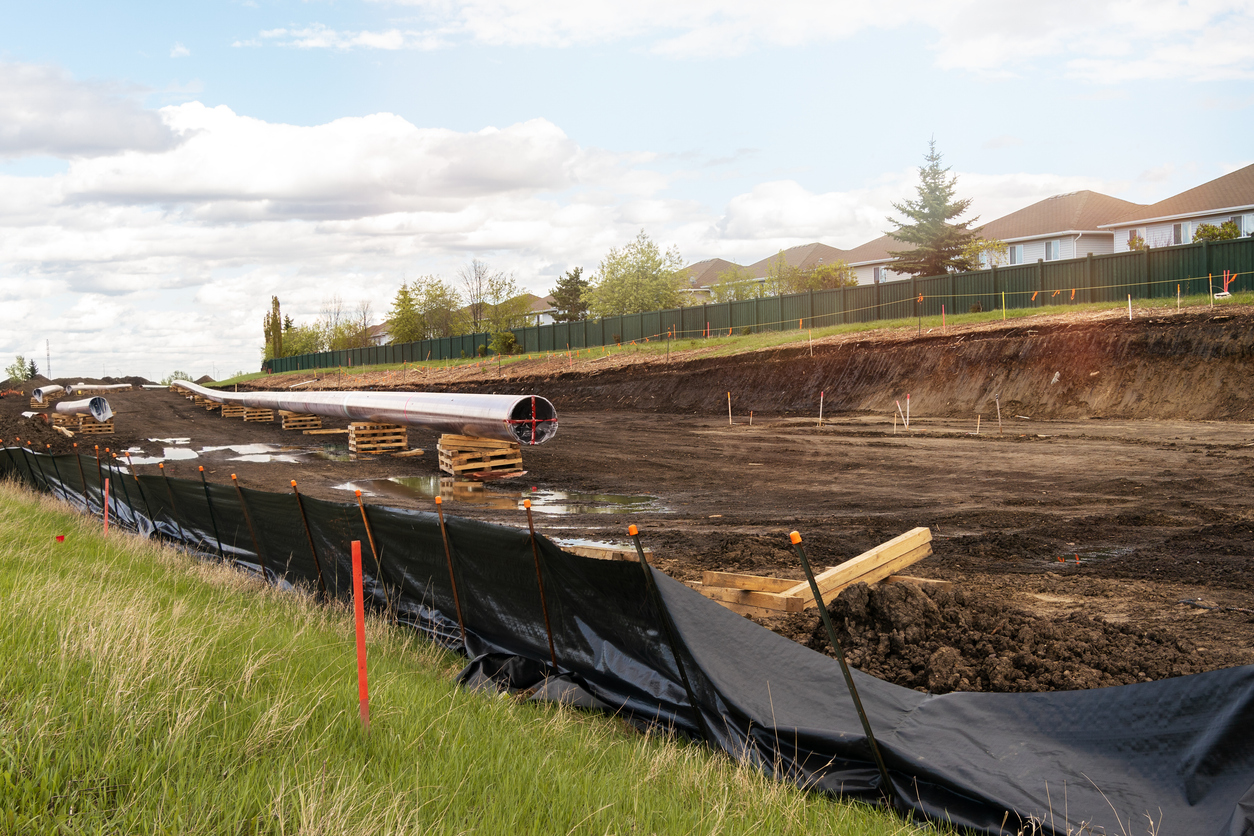
After economic ‘rupture’ with U.S., Canada looks to Asia for oil exports
Canadian Prime Minister Mark Carney signed a sweeping agreement with the government of Alberta, home to the country’s vast tar sands oil reserves, laying the groundwork for a new oil pipeline to transport oil to British Columbia’s northern coast for export. With Canada engaged in an increasingly tense trade war with the United States, Carney is seeking to send more of Canada’s oil to Asia and to develop stronger energy sector relations with Pacific Rim countries.

In Trump’s first year, fuel prices and energy jobs fall far short of campaign promises
Since Trump took office in January 2025, gasoline prices have declined about 6 percent to an average of $3.02 at the end of December, far short of Trump's campaign promises to cut fuel prices in half and bring the price at the pump down to $2 per gallon. Low fuel prices are a result of persistently low oil prices, which is causing pain for oil and gas workers as companies cut thousands of jobs.

U.S. oil refinery investors, not consumers, will benefit from seizure of Venezuelan oil
The U.S. military’s seizure of Venezuela’s oil exports is unlikely to lower gasoline prices for consumers – as President Donald Trump has claimed – but could funnel billions of dollars to American oil companies that donated to Trump’s election, according to industry analysts. Among the oil refinery owners who could benefit is billionaire Trump donor Paul Singer, founder of an investment management company that is buying Citgo Petroleum, a refining firm owned by Venezuela’s state oil company. Also positioned to potentially cash in are ConocoPhillips, ExxonMobil, and Chevron, which also gave millions to Trump’s political campaign.

The top Oil & Gas Watch News stories of 2025, according to readers
In 2025, Oil & Gas Watch News chronicled the first year of President Donald Trump’s “drill, baby, drill,” agenda, and many of our most popular articles examined the reality behind the rhetoric of his energy promises. Other top stories of 2025 covered massive but little-known energy projects in Alaska and Louisiana, as well as on federal public lands across the West.
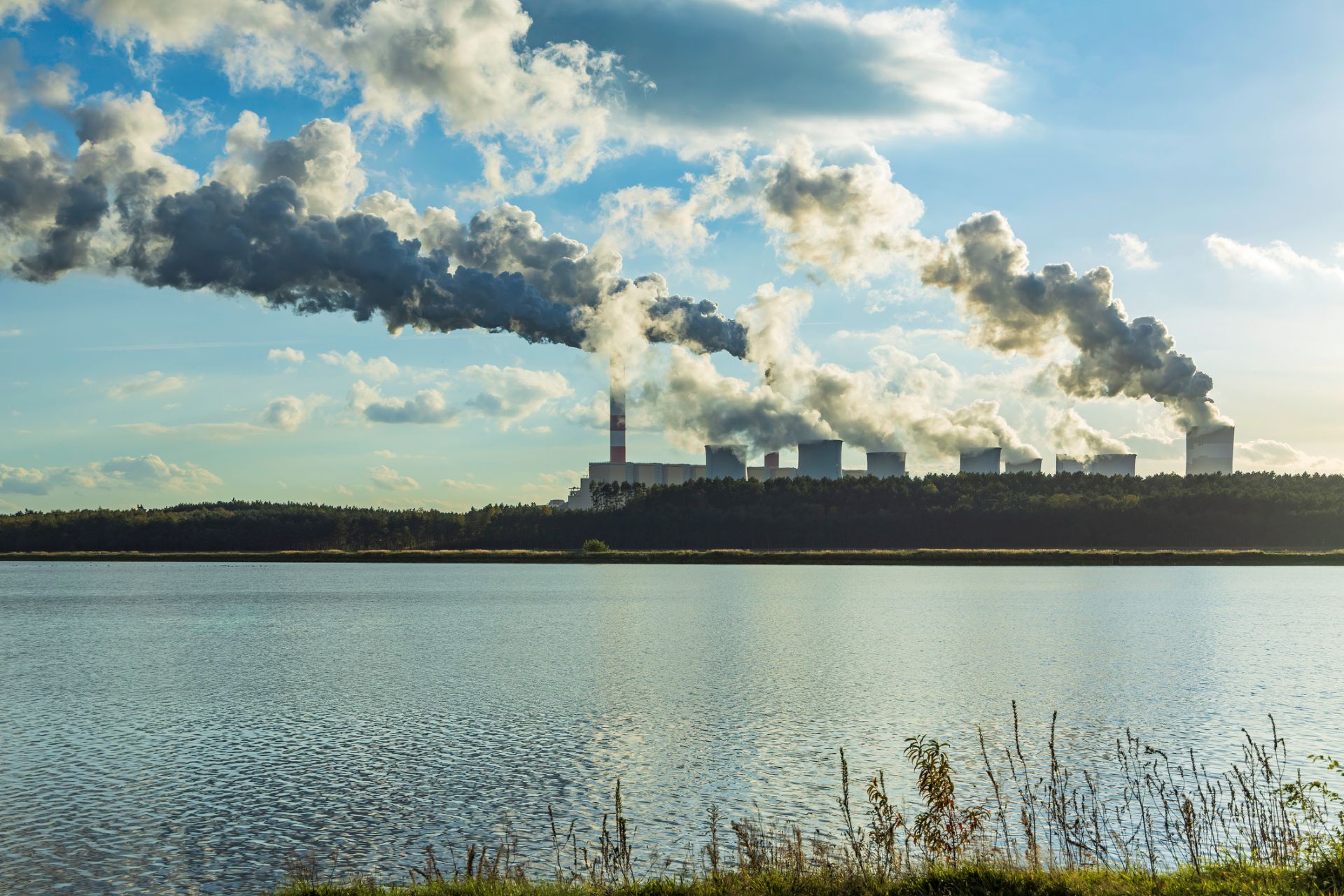
Taxpayer-subsidized carbon capture is driving a backlash in Louisiana, Texas and other states
Driven by billions in taxpayer subsidies, companies are planning hundreds of projects across the U.S. intended to capture carbon dioxide emissions from industry and pump the pollution underground. The wave of carbon capture, transportation, and storage projects is triggering backlash in the form of lawsuits, grassroots activism, and regulatory changes. States in the Gulf Coast and Midwest have had public debates and court battles over some of these projects.
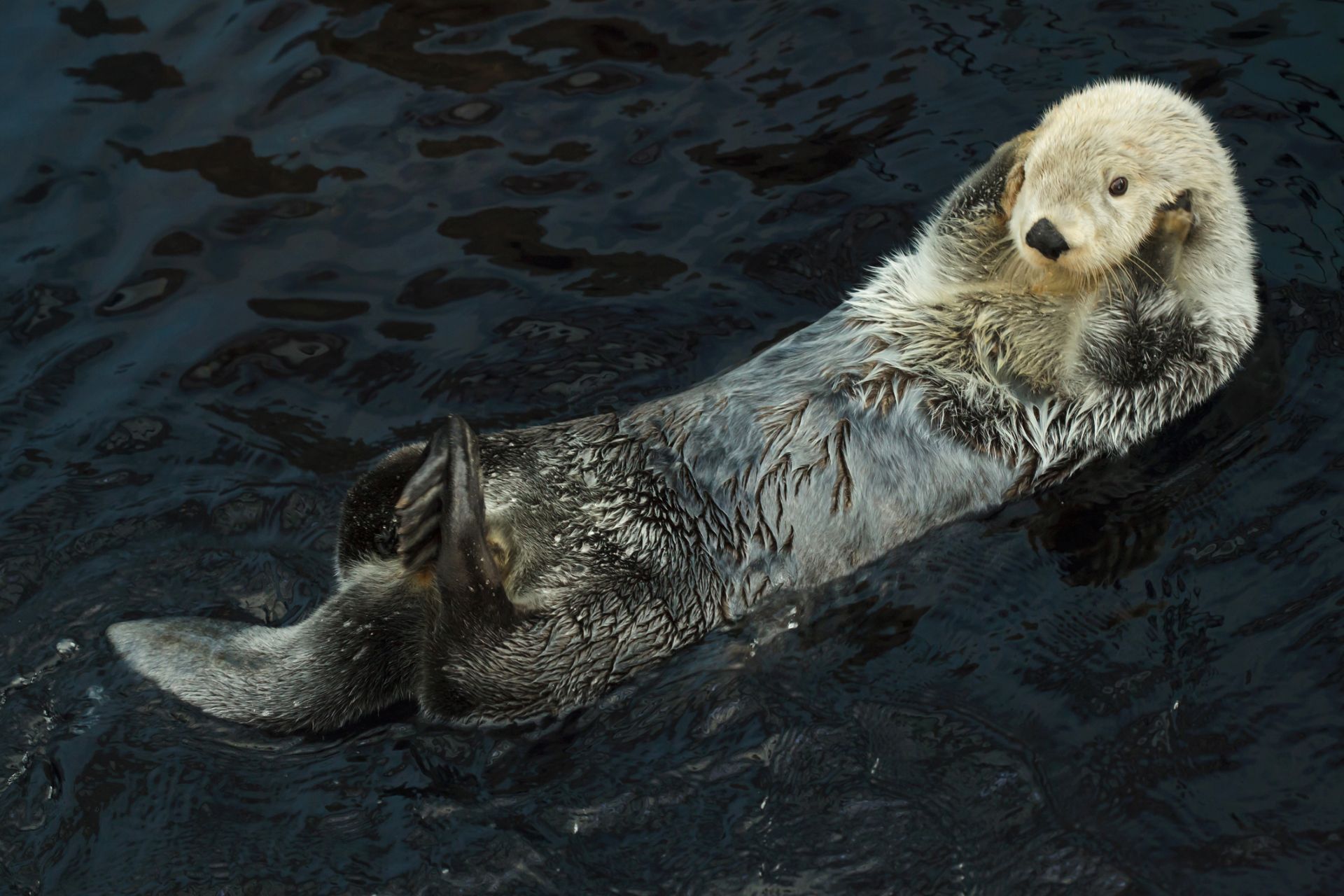
Trump Administration proposes gutting Endangered Species Act to boost energy industry
The Trump Administration recently announced its intention to revoke protections under the Endangered Species Act and allow federal agencies to greenlight destructive mining and drilling projects without studying their impact on the habitat of threatened and endangered species. This proposal comes at a time when the Trump Administration is also aggressively pushing to open up oil and gas drilling in places where it hasn’t been permitted for decades.
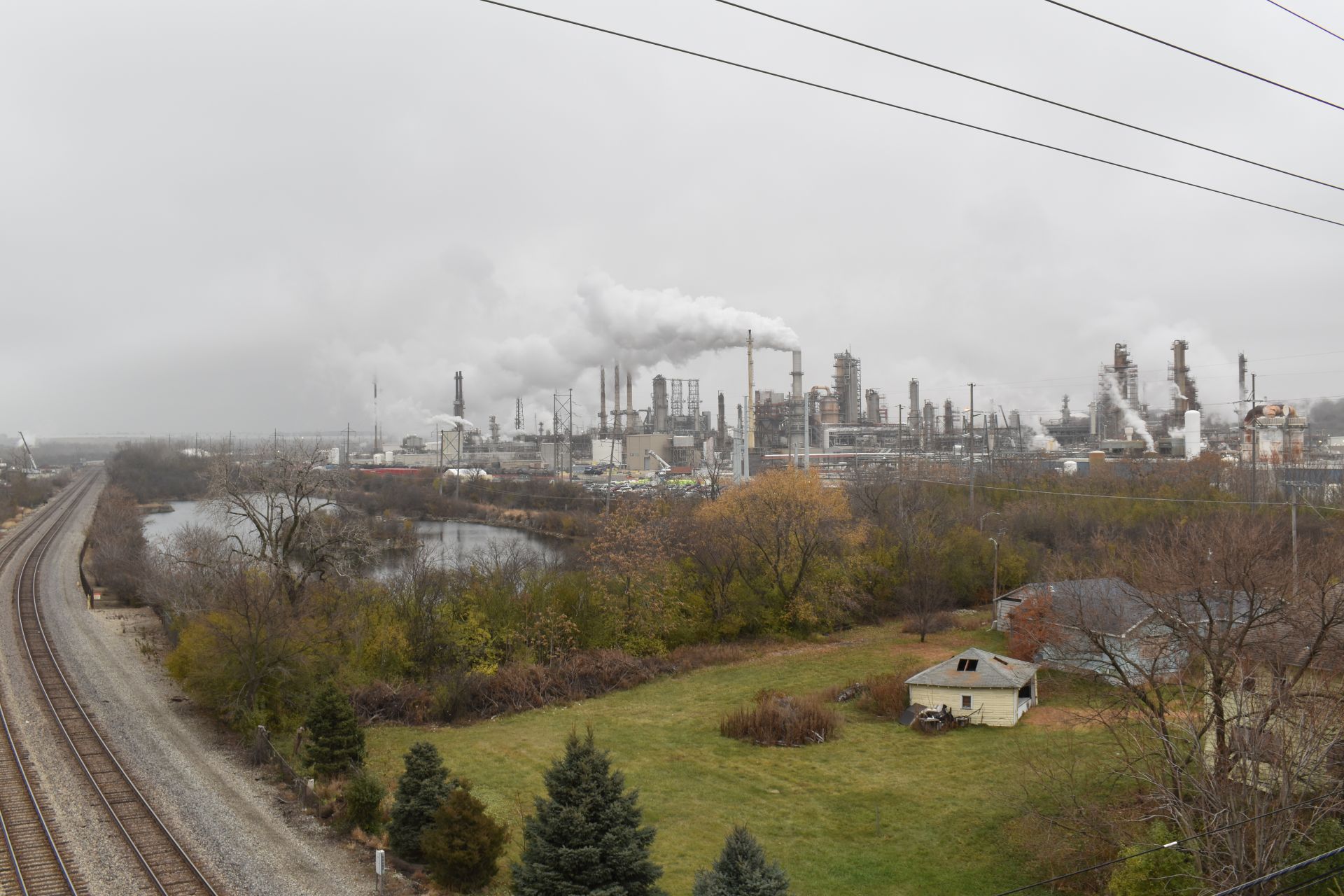
In refinery town near Chicago, cancer concerns lead to calls for better air monitoring
A group of residents of Lemont, Illinois, and surrounding communities are concerned about cancer and other illnesses, with state public health data showing a a growth cancer cases. After finding data that show occasional spikes of carcinogenic benzene emissions from a nearby Citgo refinery, they are asking for real-time air monitoring and an alert system.

Trump wants to revoke a drilling ban around a cherished World Heritage Site
The Trump Administration recently announced that it plans to abolish a Biden-era federal ban on oil and gas drilling within 10 miles of the Chaco Culture National Historical Park in northern New Mexico, home to a large concentration of Indigenous ruins. The announcement is part of the Trump Administration’s broader “drill, baby, drill” agenda of rolling back drilling and mining restrictions on the federal government’s vast land holdings as it aims to boost fossil fuel production.
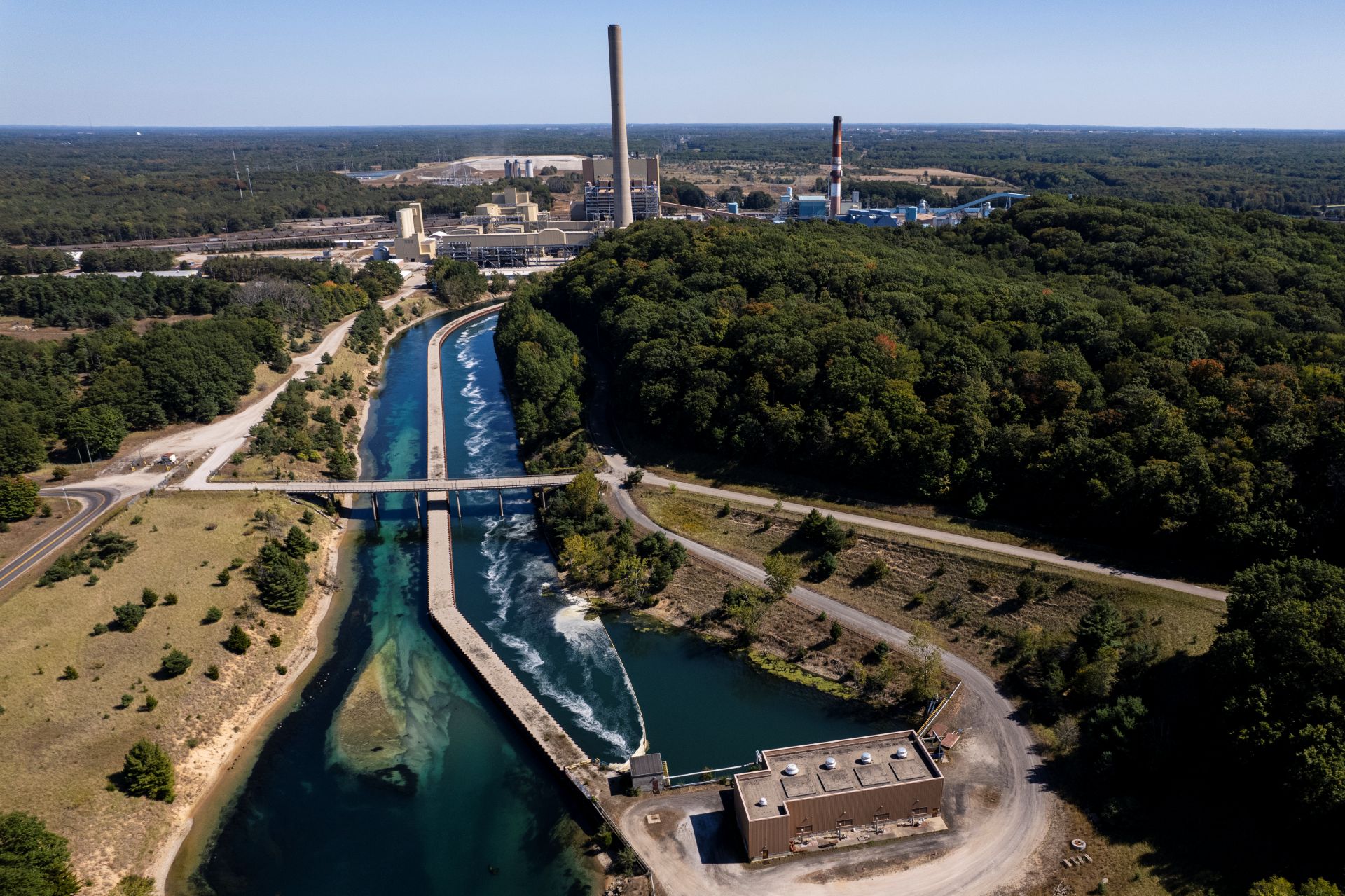
Trump forces expensive fossil fuel plants to keep running, making consumers pay more
So far this year, the administration has ordered a coal-fired power plant in Michigan to delay retirement, as well as a plant that burns natural gas and oil in Pennsylvania, and a mainly oil-fired power plant in Maryland. For the Michigan and Pennsylvania plants, the administration broke with precedent by acting without any request by electric grid operators to keep the plants running or any warnings that the closures would cause reliability problems.
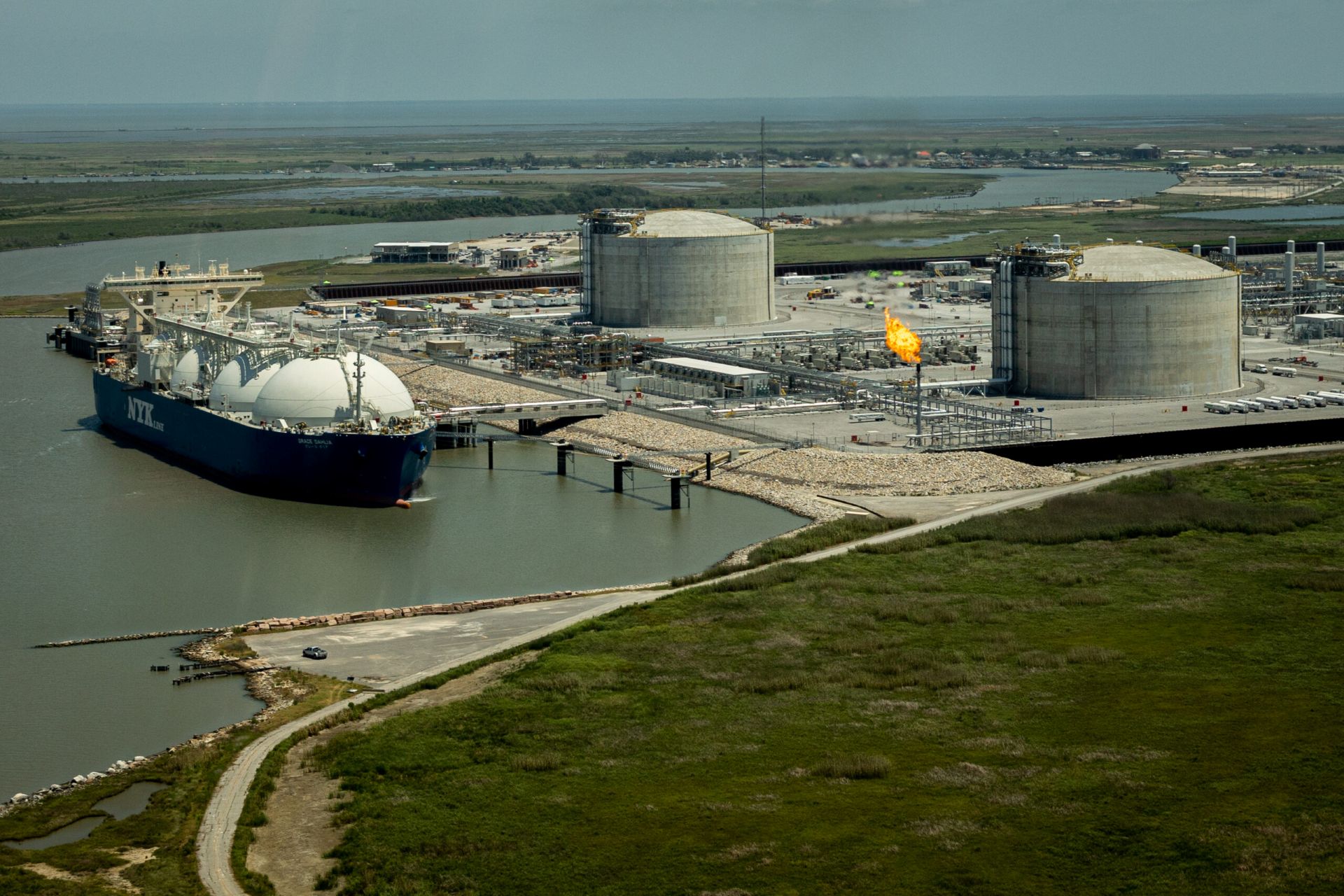
All U.S. LNG terminals active in 2024 violated air pollution limits over last 5 years
All seven of the LNG export terminals that were fully operational at the end of 2024 violated the Clean Air Act at least once over the last five years, according to “Terminal Trouble,” a new report released this week by the Environmental Integrity Project. Five terminals have exceeded their water pollution control permits at least once over the last five years
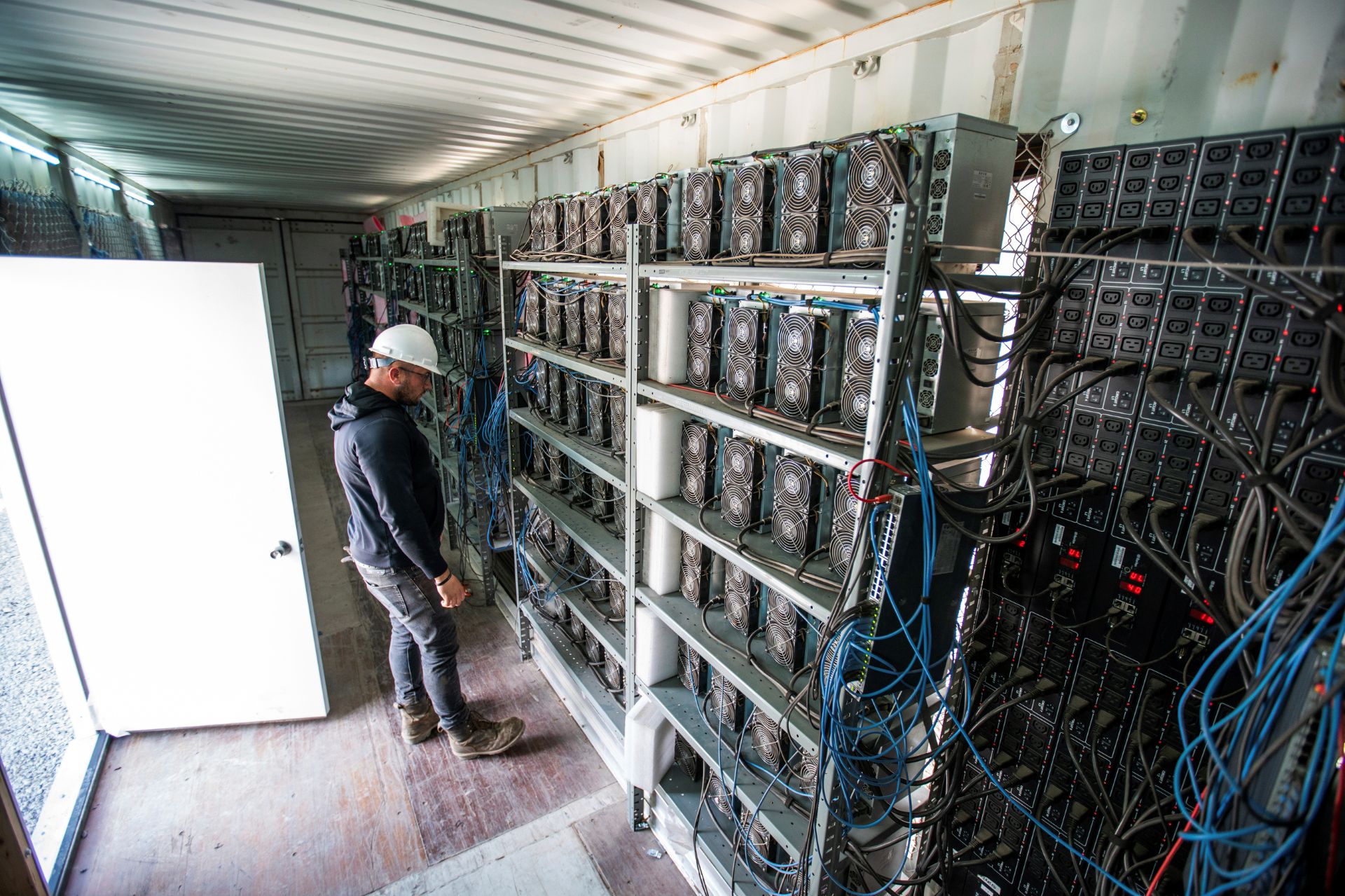
U.S. data center boom driving wave of new gas-fired power plants
The U.S. is facing a boom in data centers, with the number of these facilities projected to more than double or even triple by 2030, which is triggering a surge in the proposed construction of gas-fired power plants. This growth is being driven by the race to develop artificial intelligence (AI) and cryptocurrency, as well as the ever-increasing demand for cloud-based storage. The wave of new data centers and related gas plants are raising concerns about the potential greenhouse gas impact of the boom.
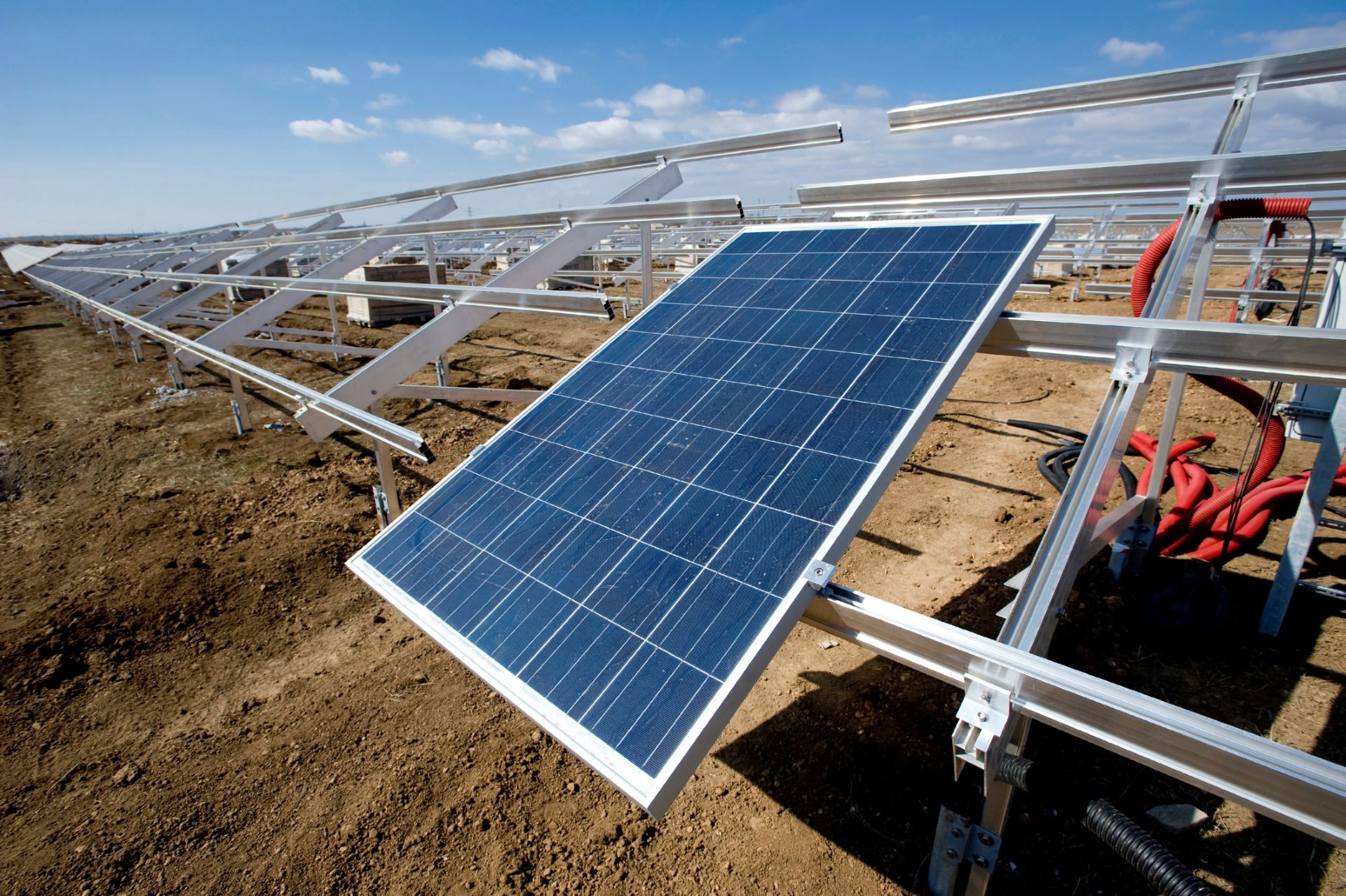
Trump cancels billions in clean energy grants while increasing subsidies for oil and gas
On Oct. 2, the Trump Department of Energy announced it was cancelling over $7.5 billion in federal funding for 223 clean energy projects that the administration argues would be a waste of taxpayer dollars. The projects are mostly in states that voted for Democrat Kamala Harris in last year’s presidential election. But President Trump’s own landmark legislation signed in July, the “Big Beautiful Bill,” grants an additional $4 billion a year in new taxpayer subsidies to the fossil fuel industry.